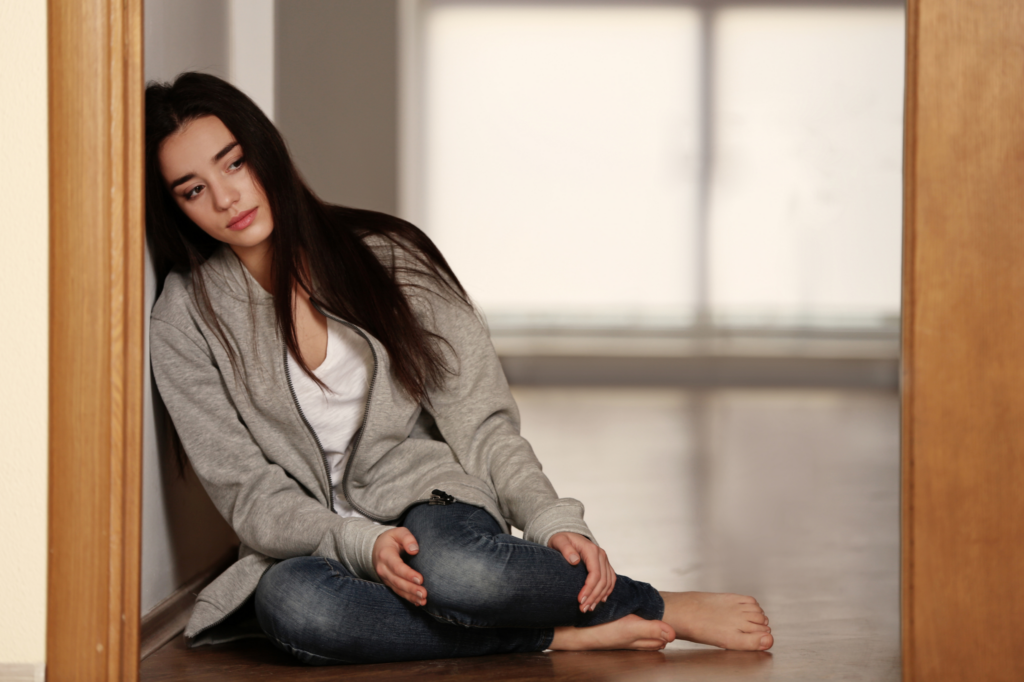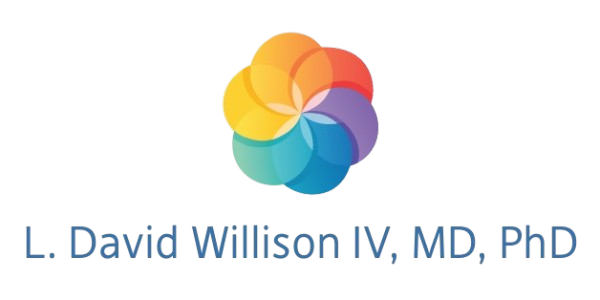Depression
DEPRESSION
DEPRESSION
What Dr. Willison Treats

Far more than a case of the blues, depression is a serious mood disorder that you can’t simply shake off or snap out of. Psychiatrist L. David Willison IV, MD, PhD, treats children, adolescents, and adults with depressive disorders at his private practice in Los Angeles. If depression makes it difficult for you to get through your day, don’t hesitate to call to book an appointment today.
What Dr. Willison Treats
DID YOU KNOW?
Frequently Asked Questions
What is depression?
Depression involves severe and persistent feelings of sadness that affect the way you think and function. Daily activities, such as eating, sleeping, and working, can be difficult or impossible with depression.
Dr. Willison treats a wide range of depressive disorders, including:
Major depressive disorder
Also called major depression, this condition involves feelings of sadness and hopelessness that can cause a loss of interest in pleasurable activities. People with major depression may appear teary-eyed, tired, or irritated.
Persistent depressive disorder (dysthymia)
Dysthymia is a depressed mood that lasts for two years or longer. People with dysthymia may experience alternating episodes of major depression with periods of less severe symptoms.
Bipolar disorder
Bipolar disorder is a separate condition but may involve episodes of extreme sadness that meet the criteria for major depression. People with bipolar disorder also experience high mood swings that often involve euphoria or irritability. These high moods are called manic or hypomanic episodes, depending on the severity.
Psychotic depression
Psychotic depression causes severe low moods along with some form of psychosis, such as fixed false beliefs (delusions) or seeing or hearing things that others can’t (hallucinations).
What are symptoms of depression?
Signs and symptoms of depression occur almost every day for most of the day and persist for at least two weeks. Common signs and symptoms of depression include:
- Persistent sad or anxious mood
- Feelings of hopelessness or pessimism
- Loss of interest in hobbies or activities
- Changes in appetite or weight
- Thoughts of suicide or self-harm
- Difficulty concentrating or remembering
- Headaches or body pains
- Difficulty sleeping
- Decreased energy
You may experience only a few symptoms of depression, or many at the same time. Depression symptoms often cause problems with daily activities, such as school, work, and social relationships.
How is depression treated?
Although depression may cause feelings of hopelessness, Dr. Willison provides personalized treatment for even the most severe cases. After he performs a thorough psychological evaluation and diagnoses your condition, Dr. Willison recommends the best treatment for you.
Treatment for depression often includes a combination of medications and psychotherapy. Dr. Willison has extensive expertise in treating depression with cognitive-behavioral therapy (CBT).
To find relief from depression and resume a happy, productive life, call the office of L. David Willison IV, MD, PhD, to book an appointment today.
DID YOU KNOW?
Frequently Asked Questions
What is depression?
Depression involves severe and persistent feelings of sadness that affect the way you think and function. Daily activities, such as eating, sleeping, and working, can be difficult or impossible with depression.
Dr. Willison treats a wide range of depressive disorders, including:
Major depressive disorder
Also called major depression, this condition involves feelings of sadness and hopelessness that can cause a loss of interest in pleasurable activities. People with major depression may appear teary-eyed, tired, or irritated.
Persistent depressive disorder (dysthymia)
Dysthymia is a depressed mood that lasts for two years or longer. People with dysthymia may experience alternating episodes of major depression with periods of less severe symptoms.
Bipolar disorder
Bipolar disorder is a separate condition but may involve episodes of extreme sadness that meet the criteria for major depression. People with bipolar disorder also experience high mood swings that often involve euphoria or irritability. These high moods are called manic or hypomanic episodes, depending on the severity.
Psychotic depression
Psychotic depression causes severe low moods along with some form of psychosis, such as fixed false beliefs (delusions) or seeing or hearing things that others can’t (hallucinations).
What are symptoms of depression?
Signs and symptoms of depression occur almost every day for most of the day and persist for at least two weeks. Common signs and symptoms of depression include:
- Persistent sad or anxious mood
- Feelings of hopelessness or pessimism
- Loss of interest in hobbies or activities
- Changes in appetite or weight
- Thoughts of suicide or self-harm
- Difficulty concentrating or remembering
- Headaches or body pains
- Difficulty sleeping
- Decreased energy
You may experience only a few symptoms of depression, or many at the same time. Depression symptoms often cause problems with daily activities, such as school, work, and social relationships.
How is depression treated?
Although depression may cause feelings of hopelessness, Dr. Willison provides personalized treatment for even the most severe cases. After he performs a thorough psychological evaluation and diagnoses your condition, Dr. Willison recommends the best treatment for you.
Treatment for depression often includes a combination of medications and psychotherapy. Dr. Willison has extensive expertise in treating depression with cognitive-behavioral therapy (CBT).
To find relief from depression and resume a happy, productive life, call the office of L. David Willison IV, MD, PhD, to book an appointment today.
